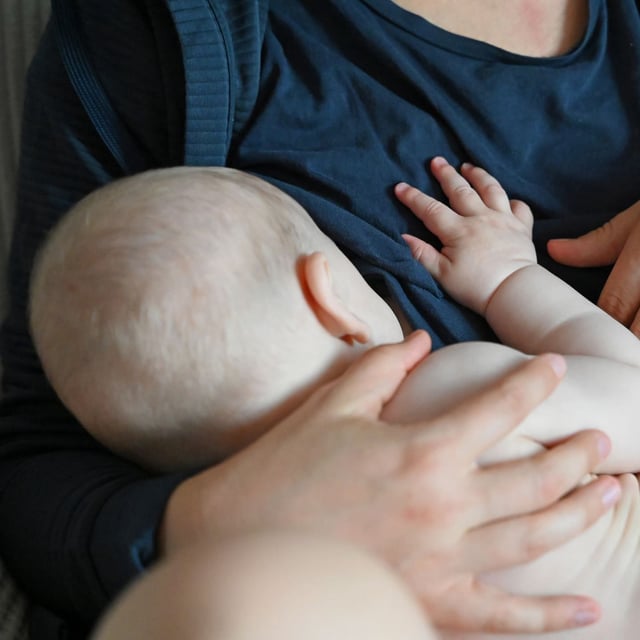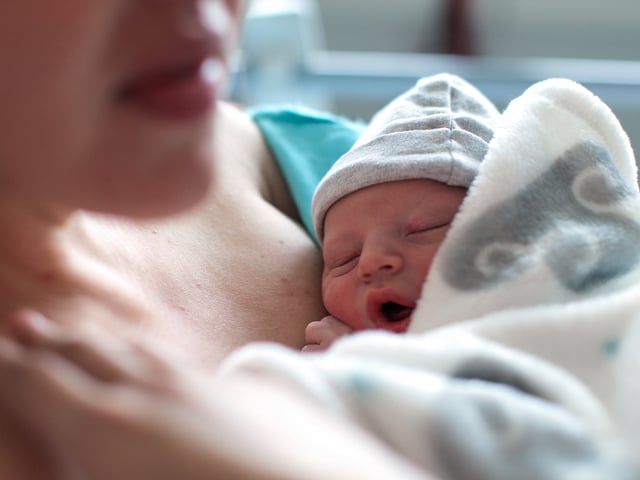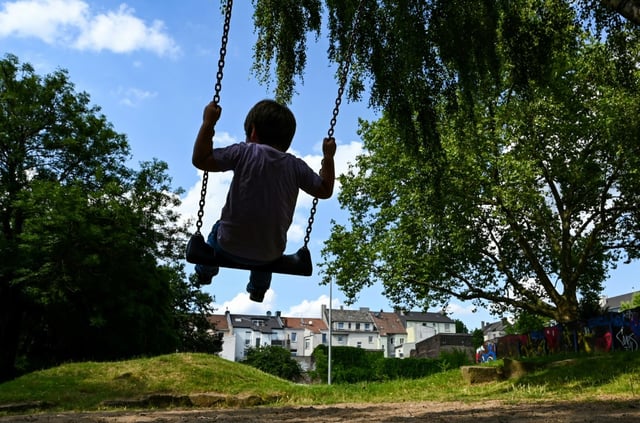Overview
- Germany’s total fertility rate dropped from 1.58 children per woman in 2021 to 1.35 in 2024, among Europe’s lowest levels
- Survey data show women still desire an average of 1.76 children and men 1.74, matching figures from three years earlier
- Researchers point to subjective uncertainty from global crises such as the COVID-19 pandemic, the war in Ukraine and climate change as drivers of postponed childbearing
- The share of 30- to 39-year-olds planning a birth within three years fell from 28% to 24% for women and from 28% to 25% for men between 2021 and 2024
- Study authors urge expanding reliable childcare, increasing housing affordability and ensuring political stability to help young adults turn intentions into parenthood



